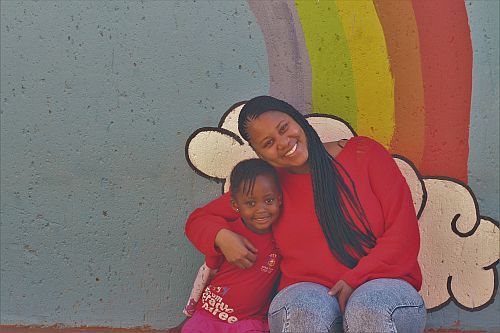
Top stories






More news


Marketing & Media
Ads are coming to AI. Does that really have to be such a bad thing?














Around the world violent crimes are classed as a human rights violation and a barrier to social, political and economic participation. The horrific stories of violence and brutality perpetrated against women and children in South Africa this year has left the nation trembling and brings to light how little is actually being done to safeguard the most vulnerable of our communities.
In 1996 South Africa adopted the Constitution and 23 years later, we still aren’t protecting the rights of children adequately as per Section 28. Furthermore, in August this year the first draft of the National Gender-Based Violence and Femicide Strategic Plan was released for public comment, nine months after the National Summit on GBV and Femicide was convened.
We understand that strategic and sustainable change takes time. However, while plans are formulated, reviewed and revised, women and children continue to be victims of violence.
In 2018, the Global Peace Index ranked South Africa 125 of 163 countries in terms of their levels of peacefulness. By 2019, South Africa had dropped two spots in only twelve months, ranking 127. This same 2019 index reported the economic cost of violence to the country to be 13% of our overall GDP. In our current financial climate and with South Africa already moving towards junk status on international credit rating reports, can we afford to be acting so slowly?
More important than the economic impact, we should be asking ourselves what we are teaching the future generation with such extreme violence.
In addition to 16 Days of Activism and Human Rights Day the country marks occasions such as Child Protection Week and Women’s Day annually, which increases awareness of the problem. However, awareness alone cannot create change; actions create change. With this kind of behaviour rife in the country we should be highlighting and actioning the intentions of these short-lived marked occurrences 365 days of the year and strengthening our prevention efforts.
The next big question should be ‘what are we to do’?
Here are three key actions:
This crisis needs both a prevention and cure. It must be a priority for everyone in South Africa. Before it’s too late, we need to begin the process of establishing constructive individual thought and behaviour patterns for ourselves and the youth of today - the leaders of tomorrow.
